211m gallons of sewage spilled into Fort Lauderdale waterways, officials say
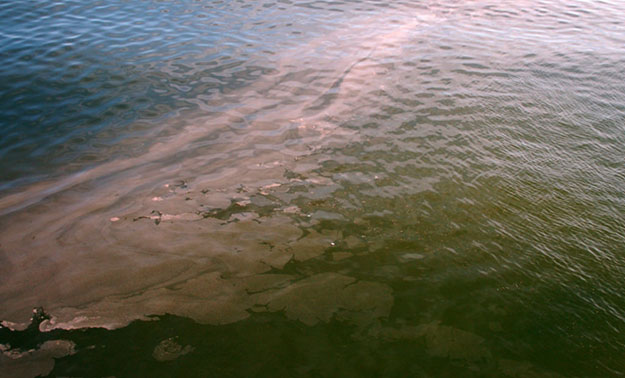
Fort Lauderdale officials say 211.6m gallons of sewage has spilled into Fort Lauderdale waterways in the past few months. That’s enough to fill 320 Olympic-sized pools.
India and Norway team up to fight plastic pollution
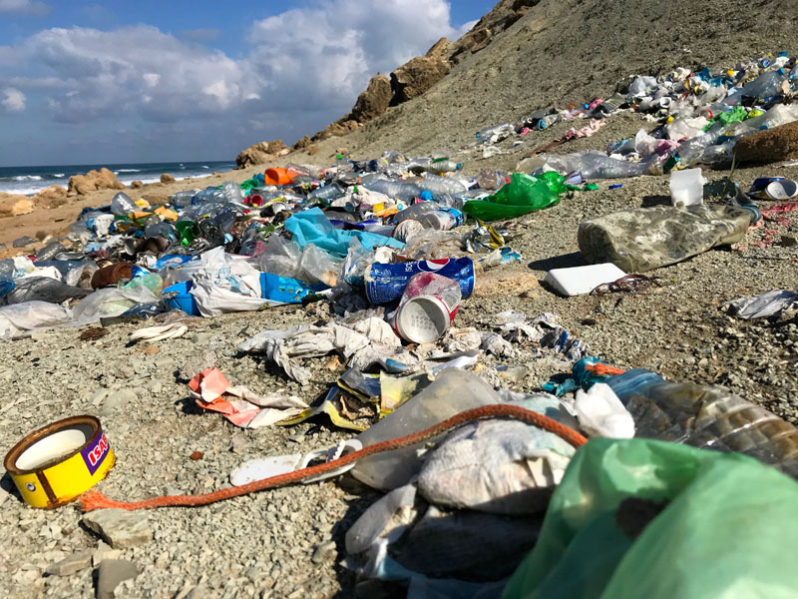
India and Norway have joined forces to investigate the possibility of establishing a global agreement to fight plastic pollution. They emphasised a shared understanding of the global and urgent nature of marine plastic litter and microplastics and underlined the issue cannot be solved by any one country alone.
When beaches are trashed, who pays the price?
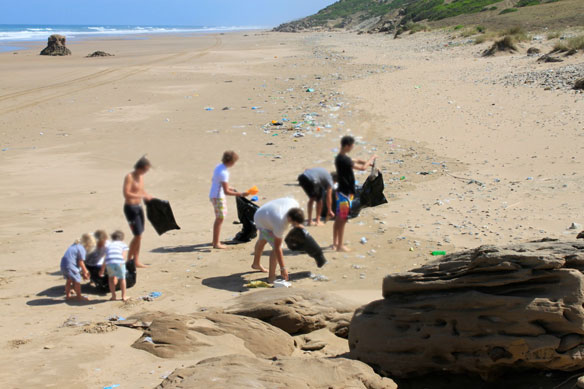
A recent NOAA-funded study found that when the amount of marine debris normally on beaches is doubled, coastal economies could experience a substantial negative impact due to a decrease in beach visits and loss of economic activity in those communities.
The danger of creating a designer planet

It is understandable that in the absence of a meaningful action plan emerging from last December’s UN climate meeting in Madrid people are grasping at almost any idea that might offer a solution to climate change. But pursuing an idea without a firm understanding of the inner workings of our planet is folly at best and just plain dangerous at worst
Why Australia’s 2019-2020 bushfire season was not normal

Data from satellite sources assembled by the United Nations Environment Programme’s (UNEP) World Environment Situation Room confirms that the wildfires in Australia in the last two months of 2019 and the first six weeks of 2020 were far from normal. 2019 was the second hottest year on record since 1880, and Australia recorded its warmest temperatures ever in December 2019.
‘The only uncertainty is how long we’ll last’: a worst case scenario for the climate in 2050

The Future We Choose, a new book by the architects of the Paris climate accords, offers two contrasting visions for how the world might look in thirty years
Coastal erosion: The homes lost to the sea; Video
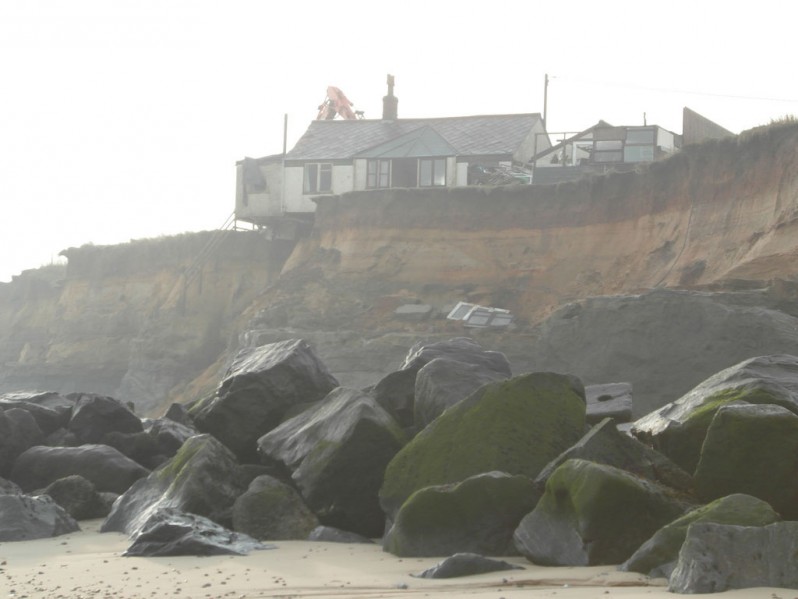
As sea level rise, a senior figure in the Environment Agency says he wants the country to start “difficult conversations” about which areas should be protected and which should not.
Antarctic temperature rises above 20C for first time on record
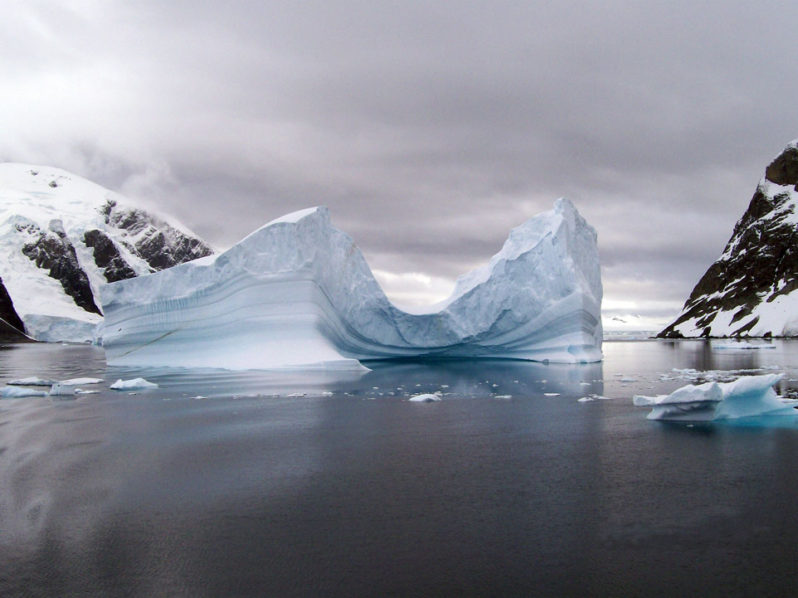
Scientists describe 20.75C logged at Seymour Island as ‘incredible and abnormal’.
Salvation or pipe dream? A movement grows to protect up to half the planet
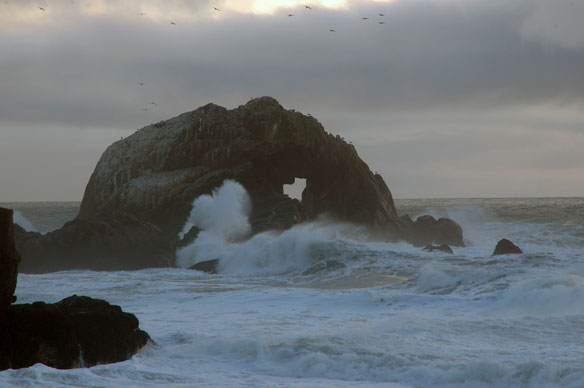
Leading scientists and conservationists are proposing that up to 50 percent of the earth’s land and oceans be protected in the coming decades. While some view the goal as unrealistic, proponents say it is essential for preserving the natural systems on which life itself depends.
